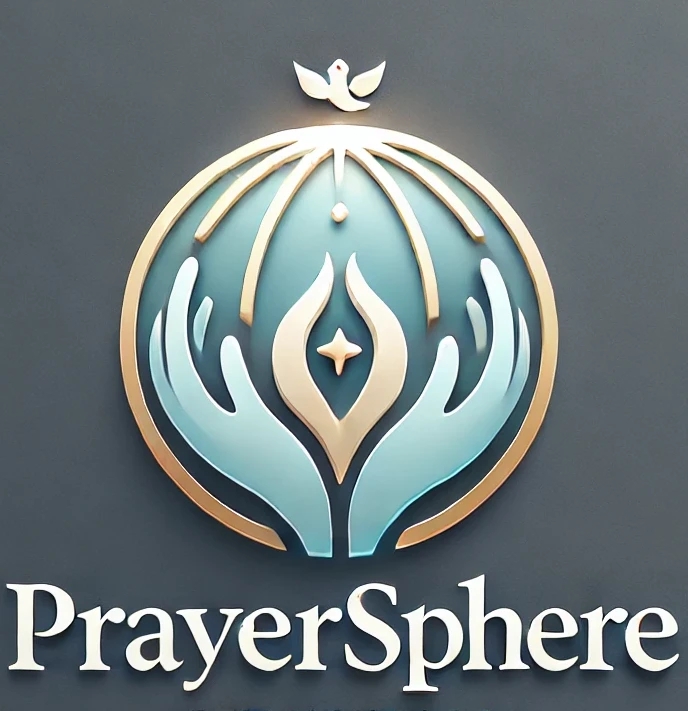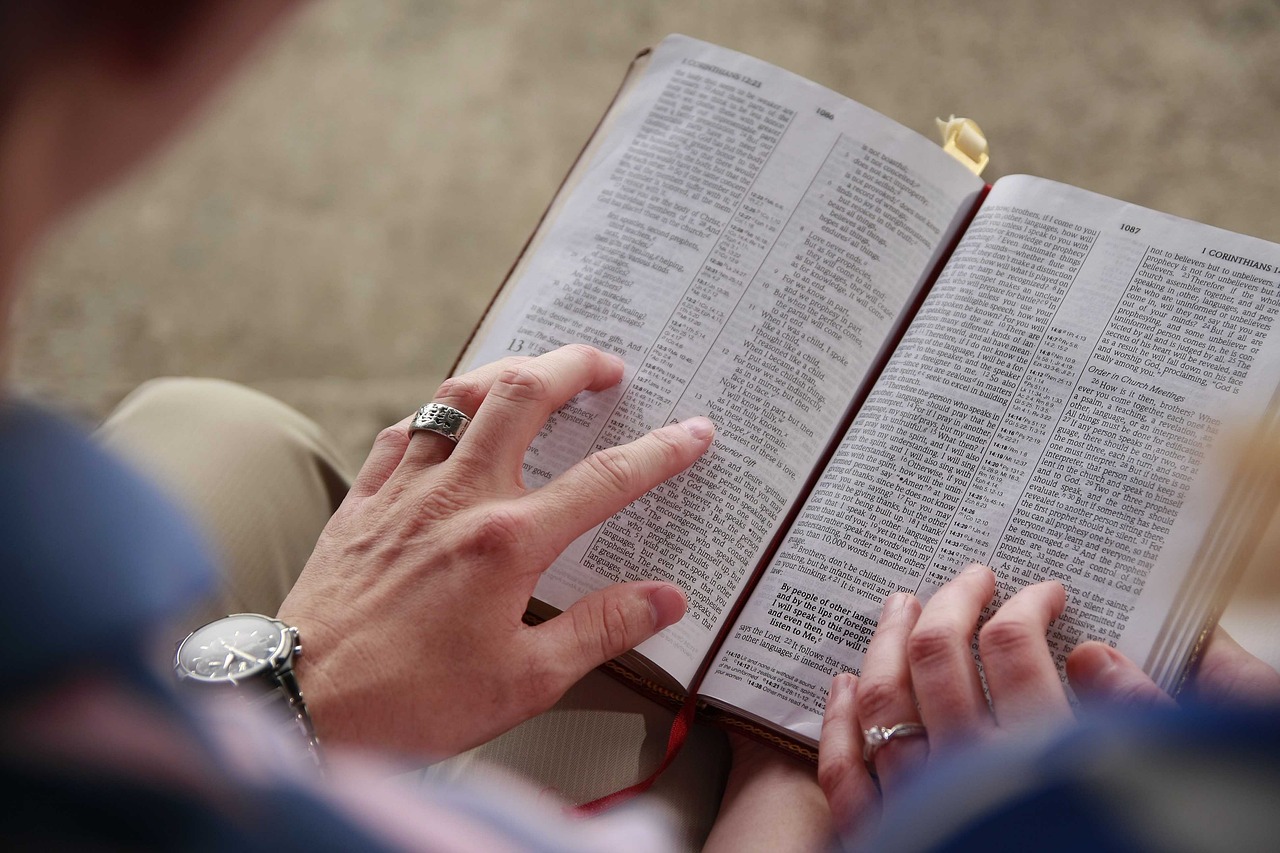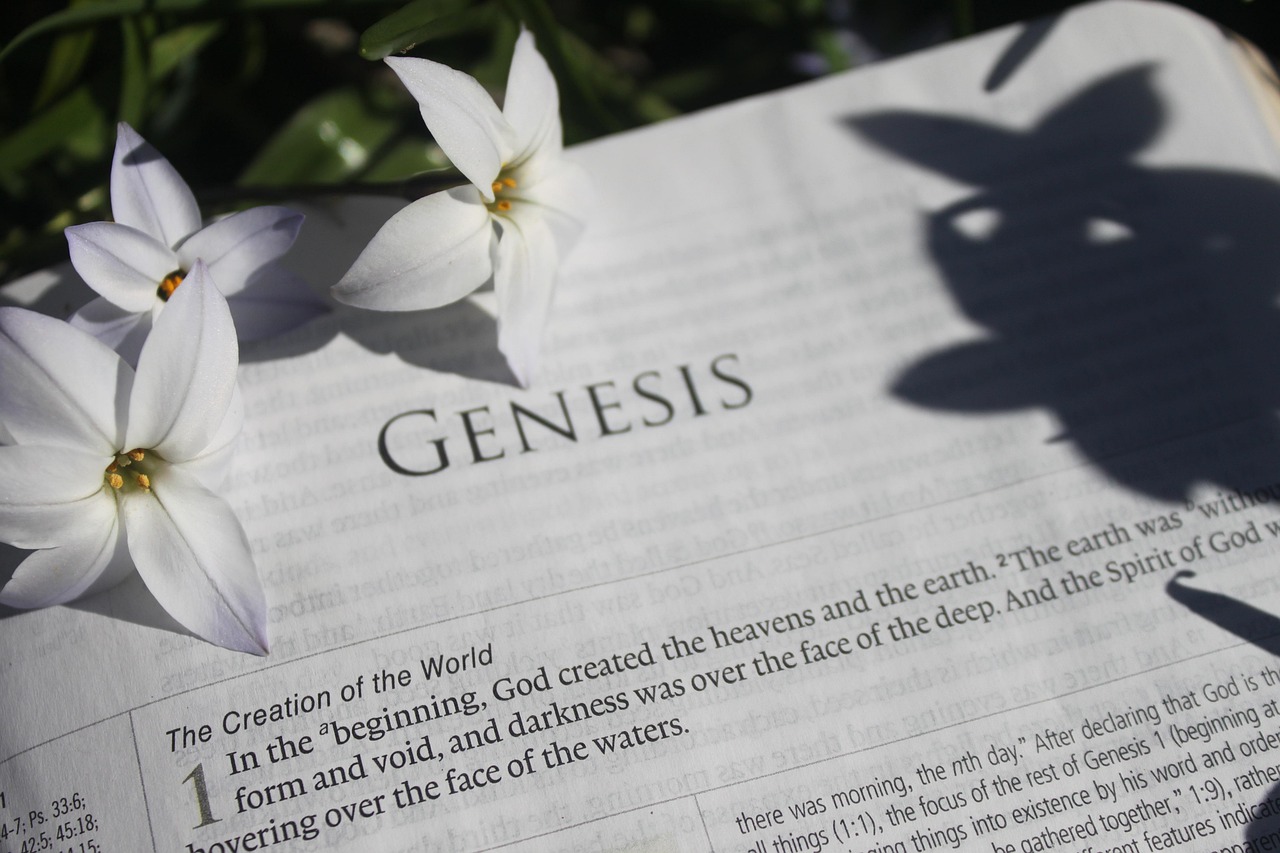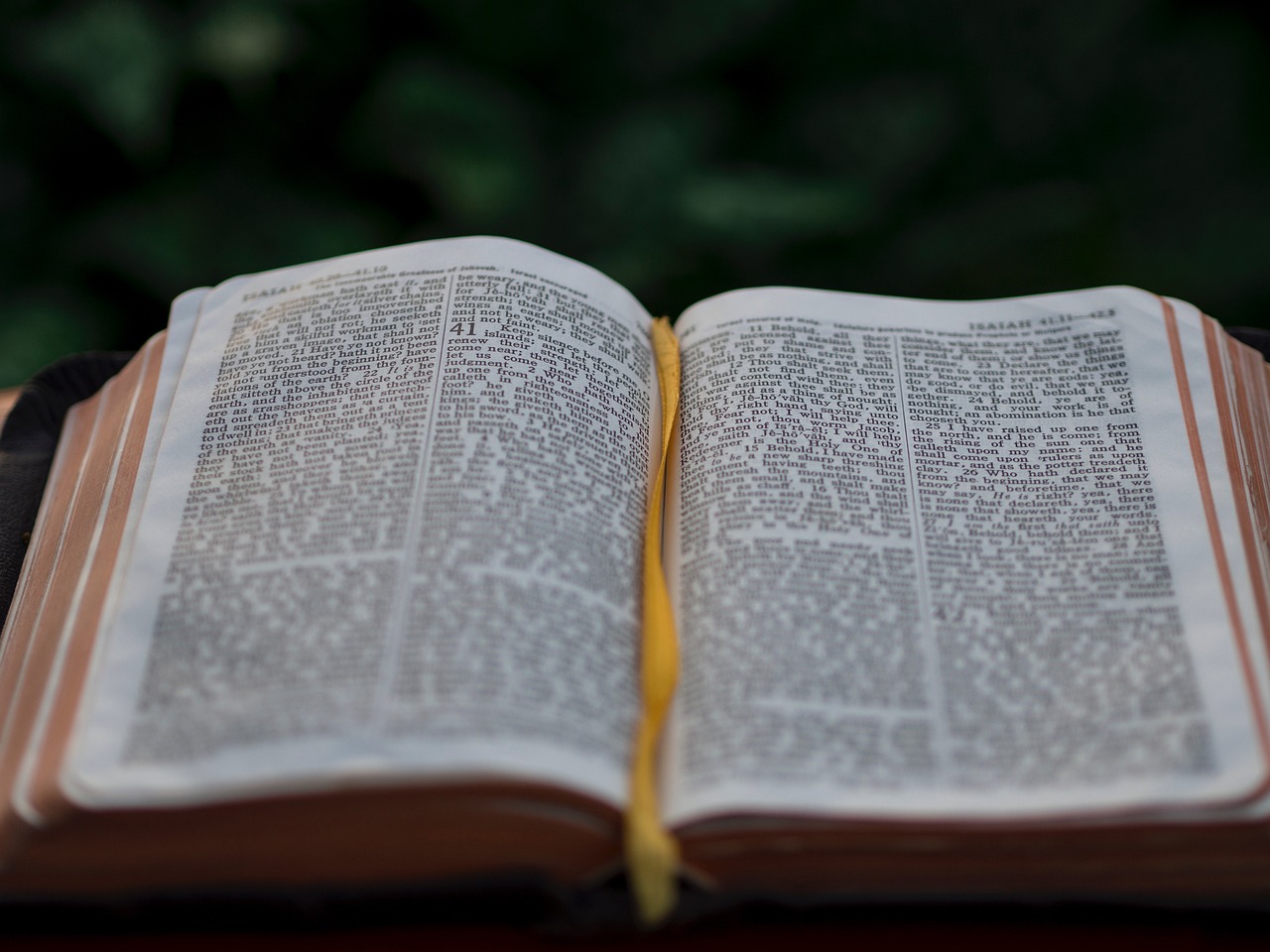Jeremiah 29:11 is one of the most well-known and frequently quoted verses in the Bible, offering a message of hope, reassurance, and divine purpose. Many Christians turn to this verse in times of uncertainty, hardship, or transition, as it speaks of God’s plans for His people. The verse states:
“For I know the plans I have for you, declares the Lord, plans to prosper you and not to harm you, plans to give you a hope and a future.” (Jeremiah 29:11, NIV)
At first glance, this verse appears to be a personal promise of blessing, success, and security. It is often seen as a source of comfort, reminding believers that God is in control and has good plans for their lives. However, to fully understand the depth of this verse, it is important to explore its historical, literary, and theological context.
Jeremiah 29:11 is part of a letter written by the prophet Jeremiah to the Israelites who were living in Babylonian exile. At the time, the people of Judah had been taken captive as a result of their rebellion against God, and they found themselves in a foreign land, facing suffering, despair, and uncertainty about their future. Many false prophets were spreading misleading messages, claiming that the exile would be short-lived, but Jeremiah was sent by God to deliver the truth of His divine plan.
Instead of promising an immediate rescue, Jeremiah relayed God’s long-term plan for His people. He encouraged them to settle down in Babylon, build homes, plant gardens, and seek the peace and prosperity of the city where they had been placed (Jeremiah 29:4-7). He assured them that, even though their exile would last seventy years, God had not abandoned them. He had a greater purpose for them, and in time, He would restore them to their homeland.
Understanding this background helps us recognize that Jeremiah 29:11 is not merely a general promise of prosperity, but a specific message of hope given to a people in distress. It teaches profound lessons about trusting God’s timing, remaining faithful during trials, and believing in His greater purpose, even when circumstances seem bleak.
This verse continues to be relevant today, as believers face challenges, setbacks, and moments of doubt. Many wonder about God’s plan for their lives, the meaning of suffering, and whether they have a future filled with hope. By studying the true meaning of Jeremiah 29:11, we can gain a deeper understanding of God’s faithfulness and His ability to bring restoration and purpose out of difficult situations.
In this study, we will explore the full meaning and interpretation of Jeremiah 29:11, looking at its original context, its relevance for believers today, and how it applies to our faith journey. Whether you are going through a season of uncertainty or seeking to understand God’s direction for your life, this verse offers a timeless message of divine assurance and unwavering hope.
Jeremiah 29:11 – A Deep Spiritual Meaning and Interpretation
1. Historical and Contextual Background
The Exile and God’s Promise to Israel
Jeremiah 29:11 was originally part of a letter written by the prophet Jeremiah to the Israelites who were in exile in Babylon. The people of Judah had been conquered by King Nebuchadnezzar in 597 BC, and many of them were forcibly taken from their homeland and exiled into a foreign land. This exile was not accidental—it was a result of their rebellion against God, idolatry, and disobedience to His commands (Jeremiah 25:8-11).
Many Israelites felt abandoned by God, confused about their suffering, and longed for a quick return to their homeland. False prophets, such as Hananiah (Jeremiah 28), were misleading the people, falsely claiming that the exile would be short-lived. However, through Jeremiah, God delivered a different message—one that called for patience, faith, and trust in His greater plan.
Instead of an immediate rescue, God instructed His people to settle down in Babylon, build homes, plant gardens, marry, and seek the prosperity of the city where they had been placed (Jeremiah 29:4-7). He told them that their exile would last seventy years (Jeremiah 29:10), but afterward, He would bring them back to their land. In the midst of this challenging situation, Jeremiah 29:11 was God’s assurance that He had not abandoned them—He had a plan for their restoration and future.
2. Meaning of Jeremiah 29:11
a) “For I know the plans I have for you, declares the Lord”
This phrase reveals an important truth: God is sovereign, and He has a divine plan. The Israelites may have felt lost and hopeless, but God was still in control. His plans were not random or reactionary; they were part of His divine purpose for His people.
Spiritual Meaning:
- God’s knowledge is complete – He sees the bigger picture, even when we don’t understand our circumstances.
- God’s plans are intentional – He does not make mistakes or abandon His people in difficult times.
- God’s timing is different from ours – The Israelites wanted immediate relief, but God had a long-term plan that required patience and faith.
Application:
Even when we don’t understand why we are going through trials, God knows what He is doing. We must learn to trust His wisdom instead of relying on our limited understanding (Proverbs 3:5-6).
b) “Plans to prosper you and not to harm you”
The Hebrew word for “prosper” here is shalom, which means peace, well-being, wholeness, and completeness. Many misinterpret this verse as a promise of financial prosperity or an easy life, but the true meaning is God’s plan for spiritual, emotional, and physical well-being.
Spiritual Meaning:
- God’s prosperity is about peace, not just material success – True prosperity comes from a relationship with God, inner peace, and spiritual fulfillment.
- God’s plans are for our ultimate good – Even when we go through difficulties, God is working behind the scenes to bring about His purpose.
- God does not seek to harm us – His discipline is for correction, not destruction (Hebrews 12:6).
Application:
Are we defining “prosperity” according to God’s standard or the world’s standard? True prosperity is found in God’s presence, peace, and purpose, not just in wealth or success.
c) “Plans to give you a hope and a future”
At the time this verse was spoken, the Israelites had no visible hope. They were exiled in a foreign land, away from their homes, their temple, and their traditions. Yet, God promised them a future beyond their current suffering.
Spiritual Meaning:
- God is the source of true hope – Even when life seems uncertain, our future is secure in Him.
- Hope is based on God’s promises, not our circumstances – No matter how dark the present moment is, God’s plan for us extends beyond our trials.
- The ultimate future is found in Jesus Christ – Jeremiah 29:11 ultimately points to the hope of salvation through Jesus, who offers eternal life and redemption.
Application:
Do we place our hope in temporary things, or do we trust in God’s eternal promises? No matter what trials we face, our future in Christ is secure (Romans 8:28).
3. How Jeremiah 29:11 Applies to Us Today
While this verse was originally spoken to the Israelites in exile, the principles behind it are still relevant today.
a) Trusting God in Difficult Seasons
Just like the Israelites, we may go through seasons of hardship, uncertainty, or waiting. God’s plans don’t always align with our timeline, but His purpose is always for our good.
Example: If you’re experiencing a delay in your career, relationships, or personal goals, remember that God is still in control. His timing is perfect.
b) God’s Presence in Our Lives
Even in exile, God was with His people. Similarly, no matter where we are or what we face, God’s presence remains with us.
Example: If you feel distant from God due to personal struggles, He has not abandoned you—His plan is still in motion.
c) The Hope of Christ
The ultimate fulfillment of God’s plan is found in Jesus Christ. Through Him, we receive true hope, eternal life, and a restored future.
Example: If you are struggling with sin or regret, God’s plan of redemption through Jesus brings restoration and renewal.
Final Reflection: A Call to Trust in God’s Plan
Jeremiah 29:11 is more than just a comforting verse—it is a powerful declaration of God’s faithfulness, sovereignty, and purpose. While we may not always understand His ways, we can trust that He is leading us toward a future filled with hope and restoration.
Key Lessons from Jeremiah 29:11:
- God’s plans are always for our good, even when we don’t see it.
- True prosperity comes from God’s peace and presence, not just material blessings.
- Hope in God is stronger than our present difficulties.
- Our ultimate future is found in Jesus Christ, who secures our eternal destiny.







